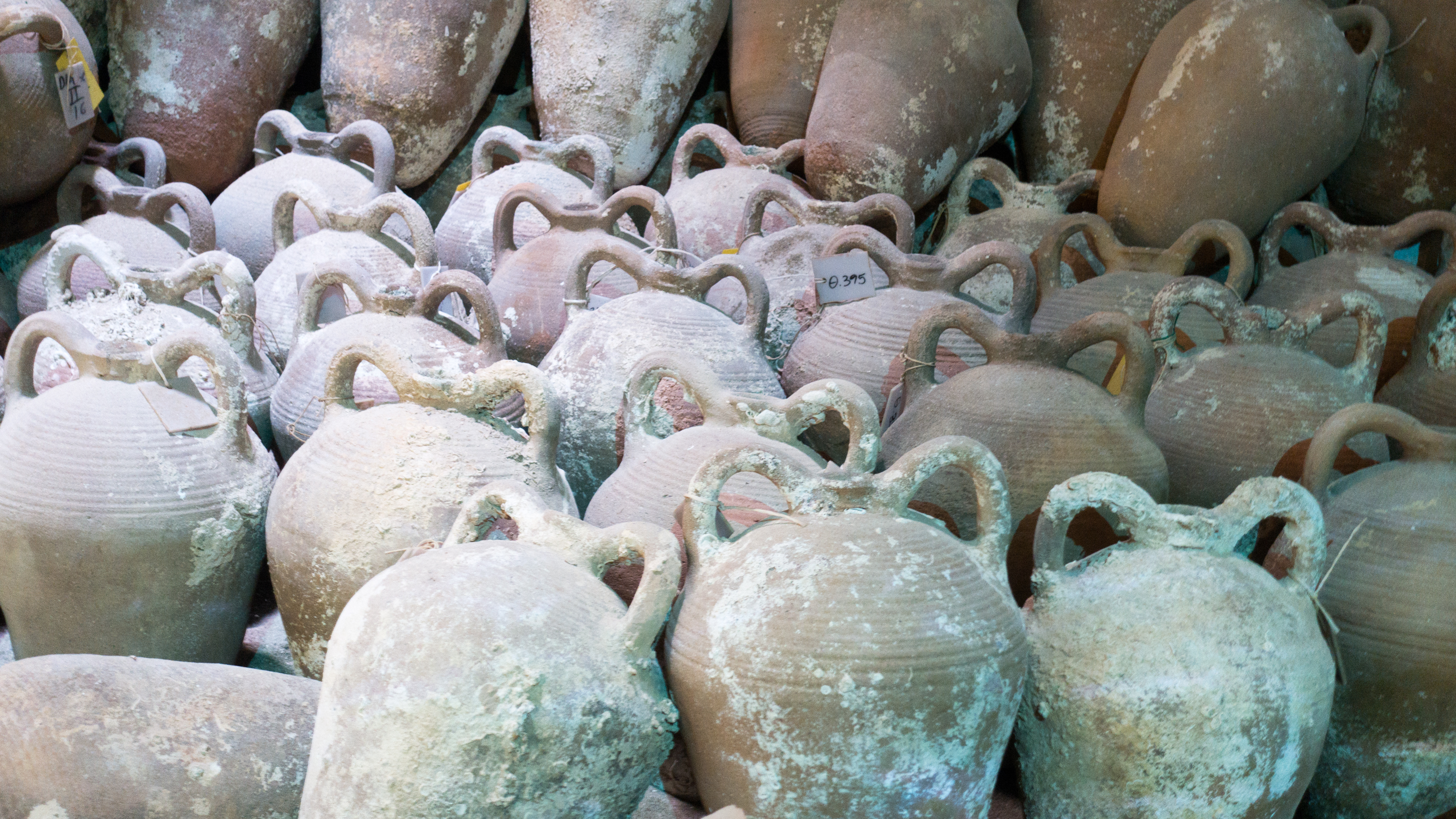Scientists Find World's Oldest Beer, And It's Not In The Back Of My Fridge Somehow
Science! Smithsonian reports that archaeologists have found the oldest direct evidence of beer in some ancient clay cups. This discovery is courtesy of a new technique that can tell the difference between compounds in sunscreen and wine—a difficult challenge, apparently. Now those same scientists are trying to brew a beer that matches the fermented barley residue they found in those cups.
Let's break this down, piece by piece. First, old beer. This residue far predates the lone tallboy of MGD that's been sitting in the back of my fridge since 2014, dating back some 2,500 years. The clay cups in which the beer residue resides were found in what's now northern Iraq.
Scientist Elsa Perruchini identified "the chemical signature of fermentation in the vessels that also contains the chemical signatures consistent with barley," Claudia Glatz told Smithsonian, saying that the two combined leads to the interpretation "that this is barley beer."
Gatz and Perruchini coauthored a study published in the Journal of Archaeological Science about their discovery, made through a process called gas chromatography. Perruchini did the identification on site—she "decided to take the lab directly to the field," as Smithsonian charmingly puts it—to avoid contamination from sunscreen. That was necessary because apparently some of the chemical compounds in wine are similar to chemical compounds in sunscreen, which does not actually explain why some of them smell so good, but let's pretend that's the reason, for fun.
It is only natural that such a discovery would lead to people wanting to drink the stuff, so Perruchini and some of Gatz's students are attempting to brew a beer that matches the residue in question. They're using techniques described in the Sumerian Hymn To Ninkasi. So far, they've had no real success, perhaps because they don't know what ingredients were used. They also haven't tasted them, for a much simpler reason: "It smells so terrible," Perruchini told Smithsonian.
Science!
